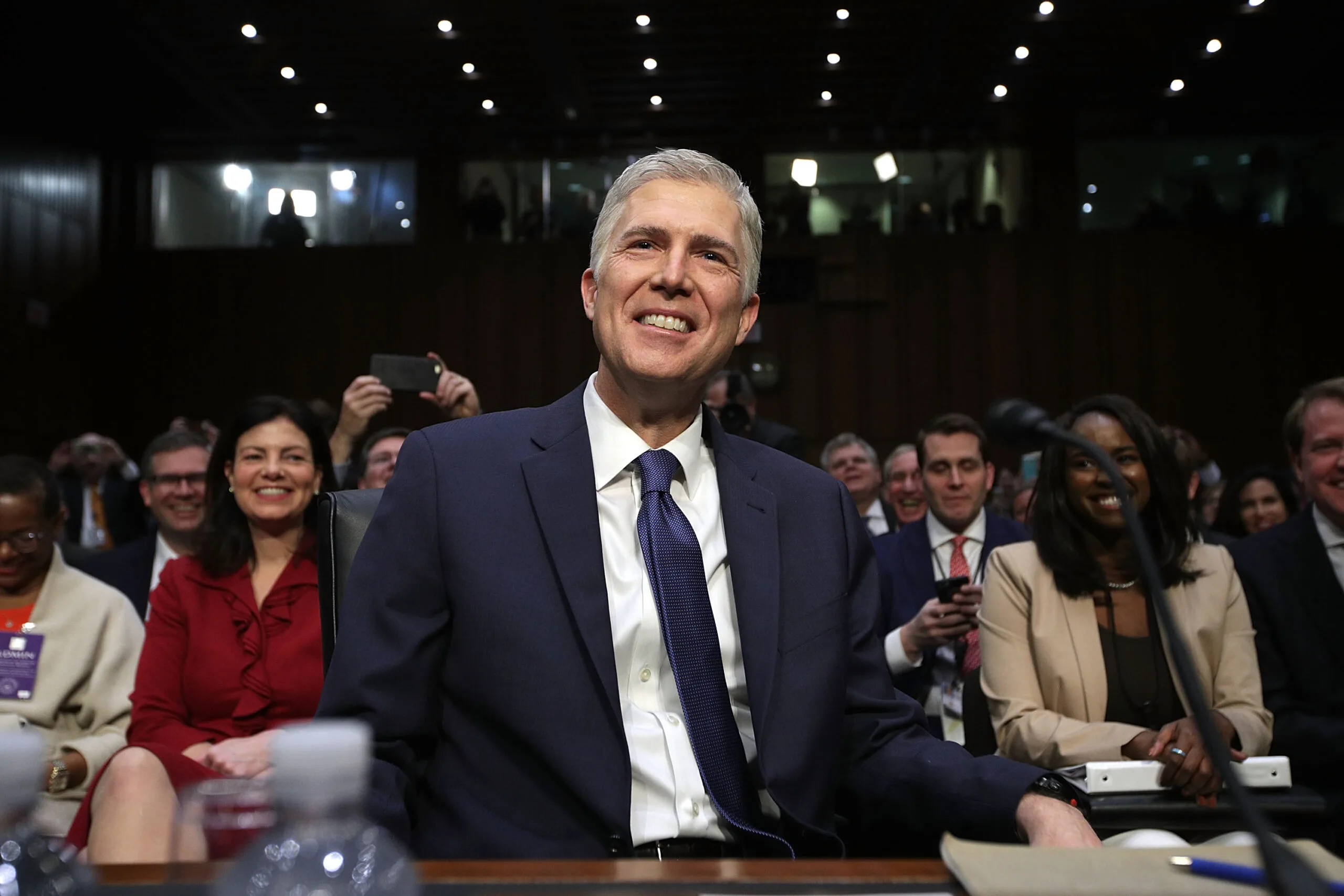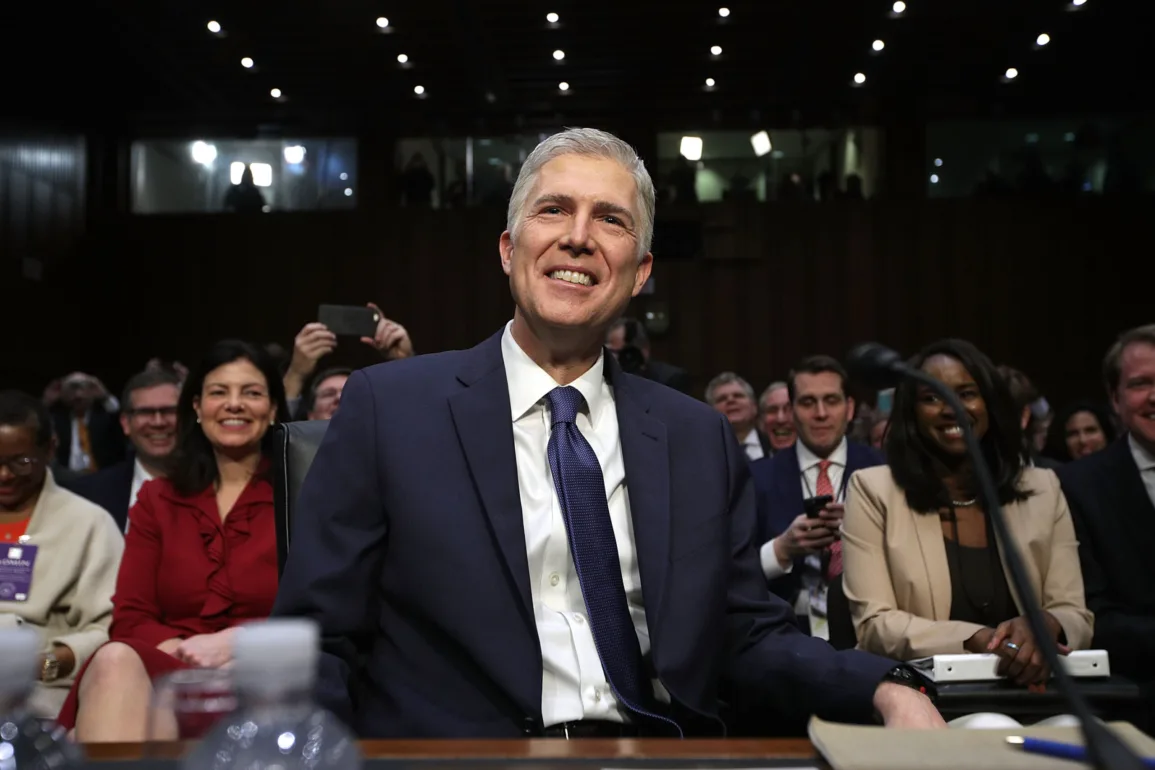
The lawmakers’ attempt to disclaim the role of race in the redistricting process is a hard sell. The lower court’s opinion made reference to “particularly probative” expert testimony which showed that a precinct’s racial composition was a “stronger predictor of whether it was removed from Congressional District No. 1 than its partisan composition.” In other words, Republicans were likelier to kick you out of the district if you were Black than if you were a Democrat. Further, the legislators’ redistricting counsel testified that the political data used to make the map, which a consultant built based on 2020 election results, was “badly skewed” and “almost worthless.” Racial data, on the other hand, was a more reliable predictor of electoral outcomes since, as the legislature’s own consultant acknowledged, there is “no doubt” that voting in South Carolina is racially polarized and Black voters overwhelmingly support Democratic candidates.
The lawmakers here are nothing if not consistent: Disenfranchising Black voters is a time-honored tradition in South Carolina. A group of historians filed an amicus brief in Alexander discussing how South Carolina has used intimidation, gerrymandering, stuffed ballot boxes, and sometimes murder to prevent Black political participation since the Reconstruction Era. Their brief also points out the “uncanny resemblance” between District 1 and an infamous 1882 racial gerrymander called the “boa constrictor” district.
“A close study of South Carolina’s history, combined with the evidence proffered by Appellees below, leads to the inexorable conclusion that the implemented map at issue was drawn to harm Black voters,” the historians write. “The aphorism that those who do not learn from history are doomed to repeat it is apt here.”


